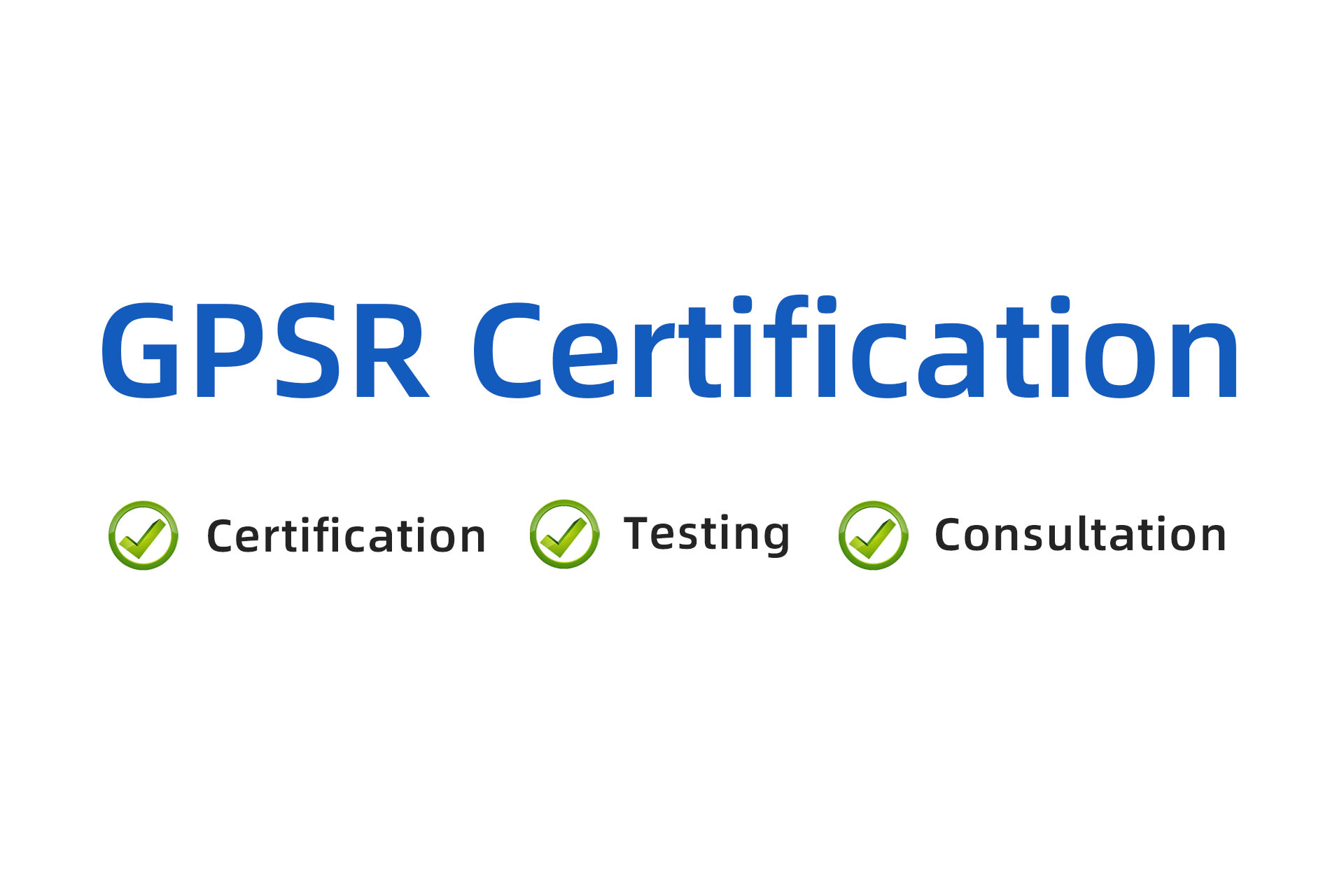
The CPSR (Cosmetic Product Safety Report) is an important document for the safety assessment of cosmetics, which is mainly used to ensure that there is no potential harm to the health and safety of consumers during the use of cosmetics. The CPSR report is based on the European Union's ...

Through continuous cultivation in the testing and certification industry, Tonggui Testing has established an excellent brand image with its profound professional background. The company has gathered a group of senior industry experts and formed a cross disciplinary professional team, consisting of professionals in cosmetics research and development, toxicology, regulatory affairs, etc. The team has a keen insight into domestic and foreign cosmetics testing and certification standards and regulatory changes, and can quickly and accurately provide customized solutions for customers. In terms of hardware construction, Tonggui Testing continues to increase investment, introducing international cutting-edge testing equipment such as high-resolution mass spectrometers and high-performance liquid chromatographs, and creating a high standard and intelligent testing laboratory to ensure the accuracy and reliability of testing data. In addition, Tonggui Testing adheres to the customer-oriented service concept and has built a one-stop service system, accompanying customers throughout the entire process from project consultation and scheme design to testing implementation and report delivery, greatly saving customers' time and energy. With high-quality service and good reputation, it has won widespread praise in the industry.
Introduction to CPSR Cosmetic Product Safety Report Testing
Testing standards
CPSR (Cosmetic Product Safety Report) is an important document to ensure that cosmetics comply with EU cosmetics regulations and safeguard consumer safety. The preparation of CPSR requires a series of strict testing standards.
Raw material safety assessment: Conduct a comprehensive toxicological assessment of each raw material used in cosmetics, analyzing its acute toxicity, subchronic toxicity, skin irritation, eye irritation, sensitization, and other characteristics. Refer to international authoritative databases and literature to determine the safe concentration of raw materials for use in cosmetics. At the same time, advanced detection techniques such as in vitro substitution tests and animal experiments are used to verify the safety of raw materials.
Finished product safety assessment: Conduct a safety assessment of finished products based on the usage mode, frequency, and target audience of cosmetics. The testing items include microbial contamination, heavy metal content, and residual harmful substances. For example, microbial cultivation technology is used to detect the content of bacteria, fungi, yeast, and other microorganisms in cosmetics, and atomic absorption spectroscopy is used to determine the content of heavy metals such as lead, mercury, and cadmium to ensure that the finished product meets safety standards.
Exposure assessment: Taking into account factors such as the formula, usage amount, and usage cycle of cosmetics, calculate the consumer's exposure to various ingredients in cosmetics. Assess whether the ingredients that consumers come into contact with under normal and foreseeable conditions of use pose potential health risks.
Applicable products
Skin care products: all kinds of skin care products, such as face cream, lotion, toner, sunscreen, are in direct contact with the skin, and have high requirements for safety. Through CPSR testing and report preparation, it can be ensured that these products will not cause harm to consumers' skin during use.
Cosmetic products: lipstick, eye shadow, powder blusher, eyebrow pencil and other cosmetics will not only contact the skin, but also some may enter the human body due to ingestion. CPSR testing can comprehensively evaluate the safety of these products and ensure the health of consumers.
Care products: shampoo, conditioner, shower gel, hand sanitizer, and other care products that are frequently used in daily life. Conducting CPSR testing can ensure the safety of the product and provide consumers with a reassuring user experience.
Tonggui Testing provides customers with professional CPSR cosmetic product safety reporting services: a professional technical team develops personalized testing plans based on the characteristics, raw material composition, and target market of customers' products; During the testing process, we strictly follow the relevant standards of the EU cosmetics regulations and use advanced testing equipment to monitor the testing process in real time, ensuring the accuracy and repeatability of the test data; After the testing is completed, a detailed and professional CPSR report will be prepared for the client, and regulatory interpretation and consulting services will be provided to help the client cope with various regulatory requirements.
Why choose general testing
Professional team support: The professional team of Tonggui Testing has extensive experience in the field of CPSR cosmetic product safety reporting services, with a deep understanding of various standards and regulations. They can provide customers with comprehensive technical support and help them solve various problems encountered in the testing and report preparation process.
Advanced equipment guarantee: The company is equipped with internationally leading testing equipment that can not only meet various complex testing needs, but also improve testing efficiency, shorten testing cycles, and help customers quickly launch products.
One stop service experience: The one-stop service model of Tonggui Testing allows customers to enjoy convenient and efficient services from consultation to report delivery without having to rush between multiple links.
Good reputation witness: Over the years, Tonggui Testing has established a good reputation in the industry with professional services and high-quality report quality, and is a reliable partner for customers to provide CPSR cosmetic product safety reporting services.